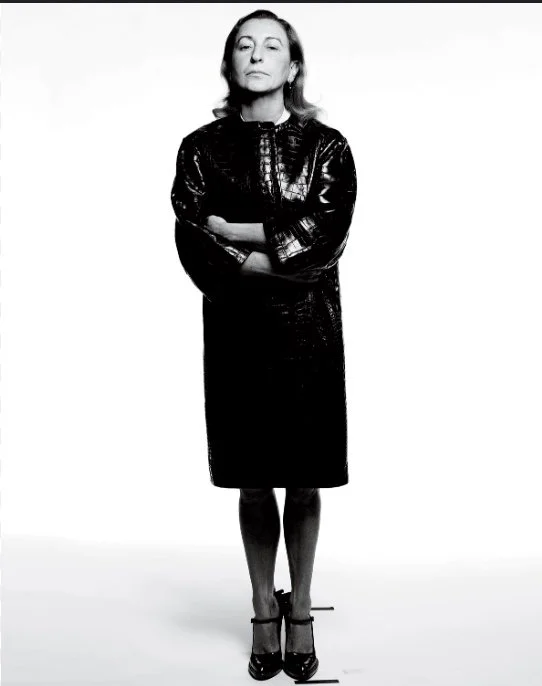Dressing for yourself vs. dressing for the social gaze
It happens quietly. You’re scrolling through Instagram, a perfectly styled outfit flashes across your feed, and before you’ve even thought twice, it’s in your cart. Algorithms know what we like — sometimes better than we do. Nearly 60% of women worldwide report making impulse fashion purchases online, often sparked by targeted ads or viral trends.
Fashion has always been social. It signals who we are, how we move through the world, and how we want to be seen. But somewhere in the scroll, many of us started dressing less for ourselves and more for an audience — sometimes one we don’t even know.
What we wear affects both perception and presence. Studies show that clothing doesn’t just shape how others view us; it changes how we view ourselves. A well-chosen outfit can shift your mood, posture, and confidence. When you dress in a way that reflects your taste, not the algorithm’s, you quietly reclaim that power.
Rethinking How We Dress
Many of us hold on to styles and colors that once defined us, even if they no longer match who we’ve become. Fashion should evolve with us — not trap us in the past or dictate our future. Shifting toward intentional dressing isn’t about rejecting trends. It’s about being more selective with what earns a place in your closet.
Here’s a framework to make that shift more grounded and practical:
Clarify Your Core: Revisit what matters to you and how you want to express it.
Design Your Framework: Let your daily life guide what earns a place in your closet.
Release the Extras: Let go of pieces, both physical and emotional, that no longer serve you.
Curate with Purpose: Choose clothing that aligns with your identity today, not yesterday.
Evolve with Confidence: Allow your style to grow with you, not define you.
Dressing With Intention
When you dress for yourself, your clothing becomes more than fabric — it becomes an extension of identity. Trends may come and go, but a wardrobe built with clarity and intention carries a kind of quiet confidence that doesn’t need validation.
The next time something pops up on your feed, pause. Ask yourself: Do I love this? Or am I just used to seeing it?
Fashion should feel personal. When your style reflects your own story—not someone else’s algorithm—it has more meaning, more staying power, and ultimately, more you.




